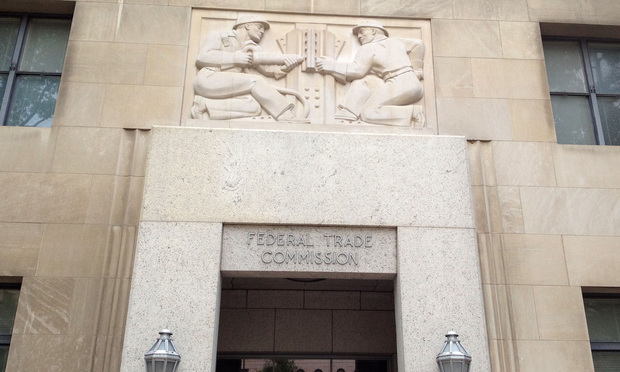Trade secrets make up the most important assets of many U.S. companies, small and large. The importance of trade secrets cannot be understated, as they comprise 70 percent of the value of U.S. public companies’ information portfolios, totaling over $5 trillion (U.S. Chamber of Commerce, The Case for Enhanced Protection of Trade Secrets in the Trans-Pacific Partnership Agreement), and making them an inviting target for theft from both domestic and international competitors. In fact, it has been estimated that the annual value of trade secret losses in the United States is $300 billion, which has led to an estimated loss of 2.1 million American jobs per year (S. Rep. No. 114-220, 2016). Trade secret theft is conducted from both within and from outside of a target, with 50-80% of all global intellectual property theft being traceable to China (The IP Commission, The Report of the Commission on the Theft of American Intellectual Property).
Although U.S. public companies issue general warnings in SEC filings, the details regarding the value and legal protections of their trade secret rights are limited. Coca-Cola, for example, stated the following in its 2015 annual report regarding trade secrets (formulae) and other intellectual property: Our trademarks, formulae and other intellectual property rights (refer to the heading “Patents, Copyrights, Trade Secrets and Trademarks” in “Item 1. Business” above) are essential to the success of our business. We cannot be certain that the legal steps we are taking around the world are sufficient to protect our intellectual property rights or that, notwithstanding legal protection, others do not or will not infringe or misappropriate our intellectual property rights. If we fail to adequately protect our intellectual property rights, or if changes in laws diminish or remove the current legal protections available to them, the competitiveness of our products may be eroded and our business could suffer. In addition, we could come into conflict with third parties over intellectual property rights, which could result in disruptive and expensive litigation. Any of the foregoing could harm our business, (COCA COLA CO., ANNUAL REPORT [FORM 10-K], 2015).
This content has been archived. It is available through our partners, LexisNexis® and Bloomberg Law.
To view this content, please continue to their sites.
Not a Lexis Subscriber?
Subscribe Now
Not a Bloomberg Law Subscriber?
Subscribe Now
LexisNexis® and Bloomberg Law are third party online distributors of the broad collection of current and archived versions of ALM's legal news publications. LexisNexis® and Bloomberg Law customers are able to access and use ALM's content, including content from the National Law Journal, The American Lawyer, Legaltech News, The New York Law Journal, and Corporate Counsel, as well as other sources of legal information.
For questions call 1-877-256-2472 or contact us at [email protected]



